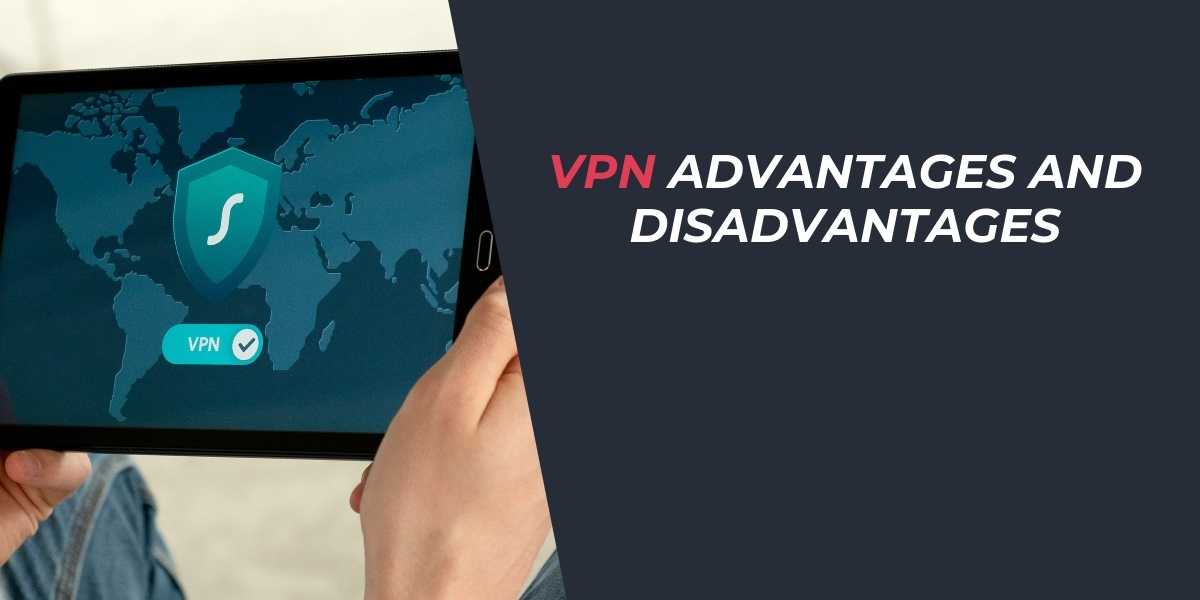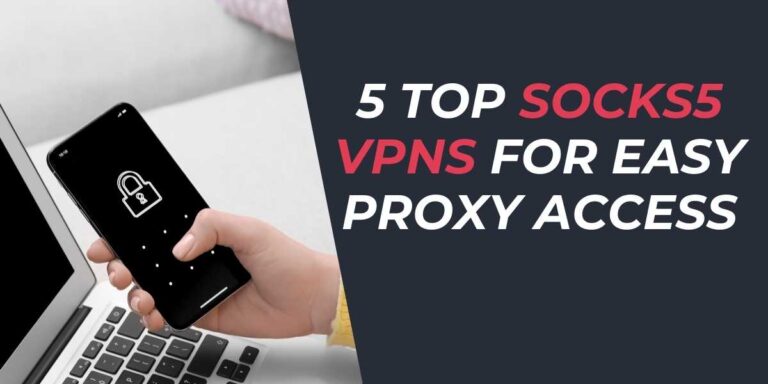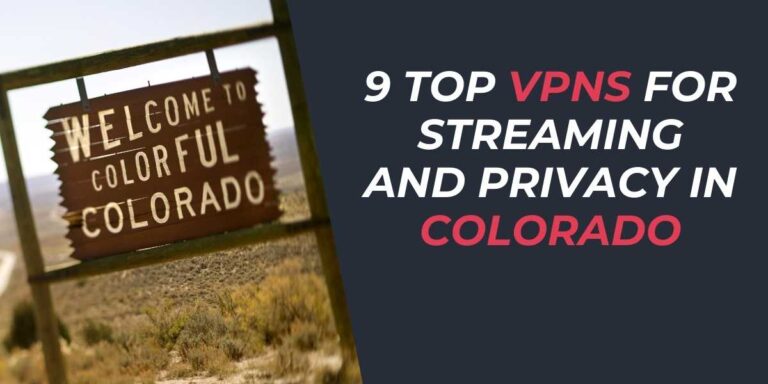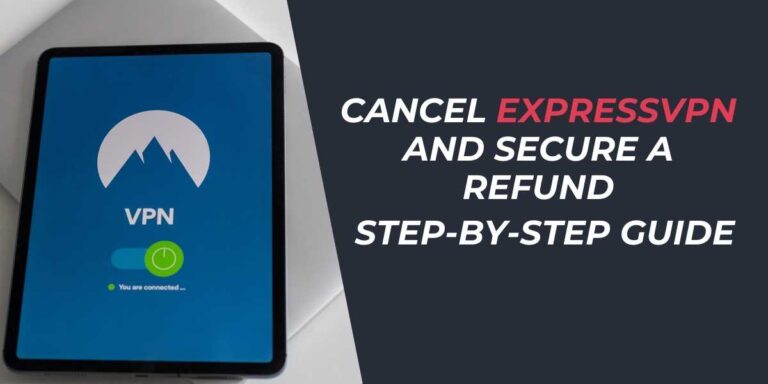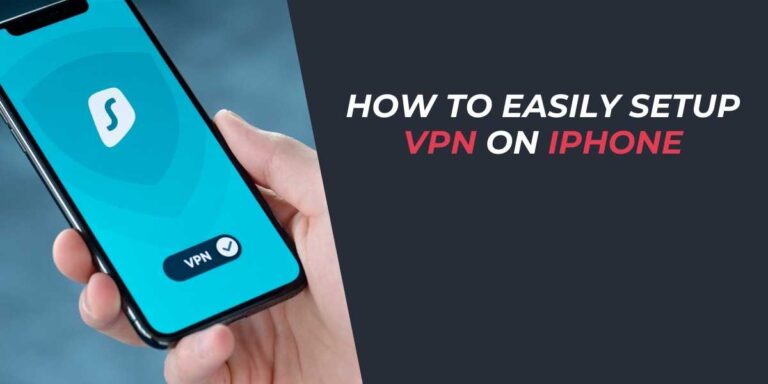VPN Advantages and Disadvantages in 2025
In today’s digital age, using a Virtual Private Network (VPN) is a viable solution for enhancing online security and privacy. However, despite their benefits, VPNs also come with certain drawbacks. In this comprehensive overview, we’ll explore the pros and cons of using VPNs in 2025, helping you decide if this technology aligns with your needs.
Understanding VPNs
A Virtual Private Network (VPN) creates a secure connection between your device and the internet. By encrypting your data, it safeguards your online activities from prying eyes, such as hackers, ISPs, and even government agencies. VPNs are particularly valuable in a world where online security threats are constantly evolving.
Pros of Using VPNs
VPNs offer several advantages that enhance both security and user experience online. Let’s take a closer look at these benefits.
1. Enhanced Privacy and Security
One of the primary reasons to use a VPN is the increased level of security it provides. A VPN encrypts data transferred between your device and the internet, making it almost impossible for cybercriminals to intercept sensitive information like passwords and bank details.
2. Bypassing Geo-Restrictions
Want to watch a show that’s only available in another country? A VPN can make this possible by rerouting your connection through a server in the desired location, helping you bypass geo-blocks and access restricted content.
3. Protection on Public Wi-Fi
Public Wi-Fi networks are notorious for being insecure, leaving users vulnerable to attacks. By using a VPN, you can browse securely even on public networks as it adds an extra layer of security by encrypting your traffic.
4. Data Integrity
VPNs not only encrypt your data but also ensure its integrity. This means that any tampering during transmission will be detected, preventing altered data from being used.
5. Avoid ISP Throttling
Internet Service Providers (ISPs) often throttle bandwidth for high-data activities like streaming. A VPN masks your online activity, making it difficult for ISPs to detect and throttle your connection.
Cons of Using VPNs
While VPNs are immensely useful, they are not without their drawbacks. Here are some potential disadvantages of using a VPN.
1. Reduced Internet Speed
The encryption process and the routing of traffic through a VPN server can slow down your internet speed. This is more noticeable when connecting to distant servers, affecting the streaming and gaming experience.
2. Increased Latency
Latency or ‘ping’ can increase with VPN use, particularly over long distances, making real-time communication applications like video calls subject to lagging.
3. Potential Account Blocks
Some websites and online platforms may block access when they detect VPN usage, as it can be associated with suspicious activity. This is especially common with streaming services trying to enforce geographical licenses.
4. Costs and Compatibility
Quality VPNs require a subscription fee, and some applications may not work correctly when used in conjunction with a VPN. This could hinder the usability of certain services.
Evaluating the Need for a VPN
Deciding whether to use a VPN depends on your specific circumstances. If online privacy and unrestricted access to content are crucial, a VPN could be highly beneficial. However, if internet speed and cost are your primary concerns, carefully weigh the pros and cons.
Conclusion
As we navigate 2025, the role of VPNs remains significant in maintaining online privacy and security. Despite some drawbacks, they offer solutions for various challenges faced by online users. Ultimately, understanding the advantages and disadvantages can guide you in making an informed decision about whether a VPN is right for you.
Feel free to weigh these pros and cons as you decide on the necessity of a VPN in your digital life. Stay safe and happy browsing!

